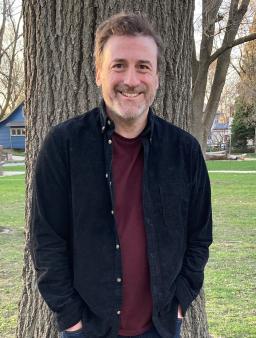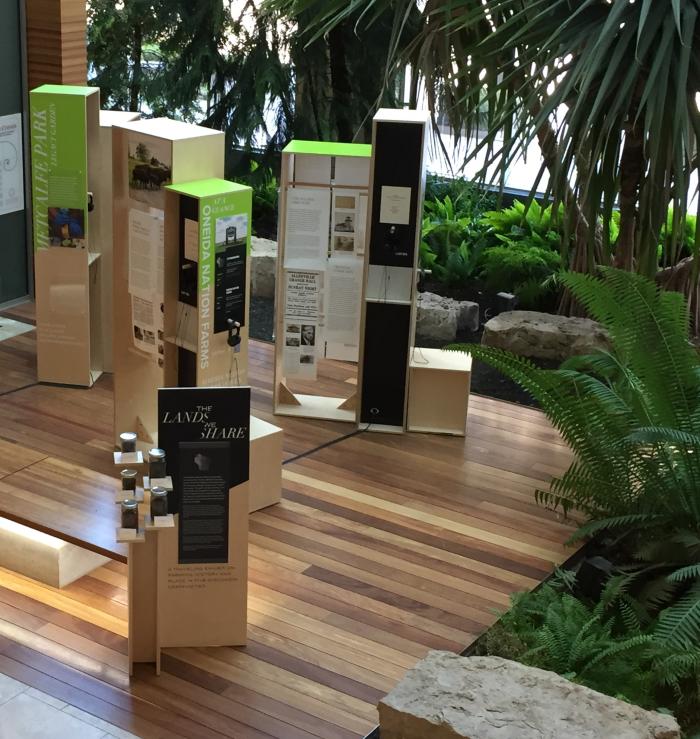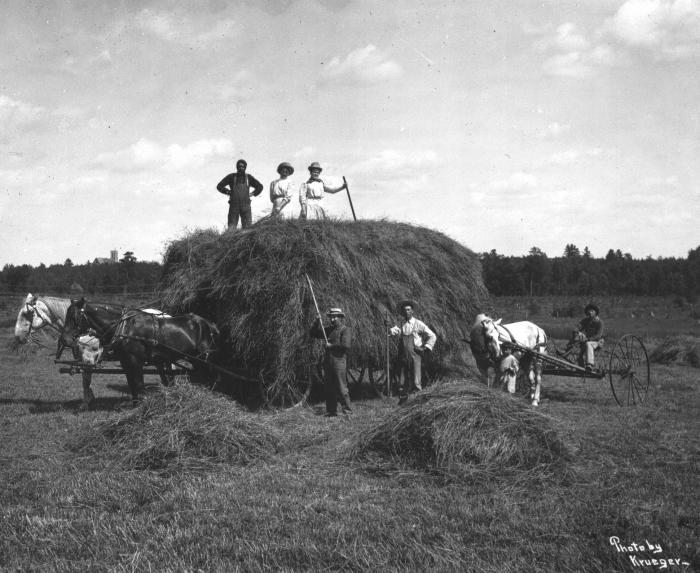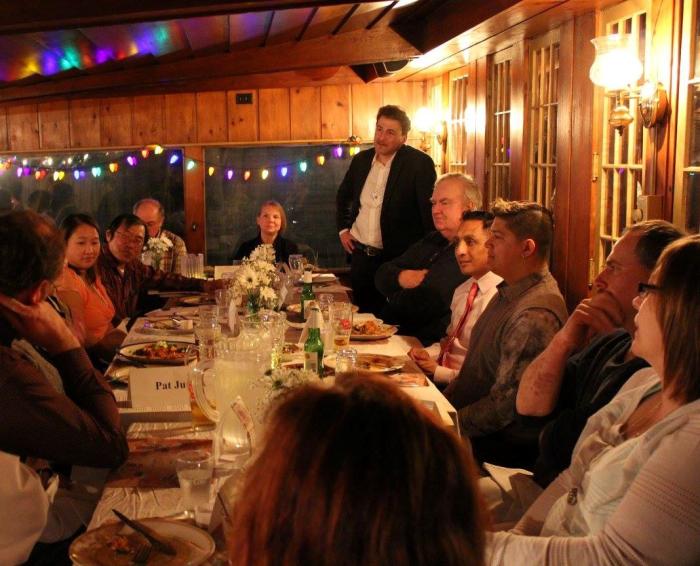
Over the past four hundred years government agencies and white settlers have seized as much as 1.5 billion acres of Native land in what is now the United States. In a more recent course of dispossession, since the peak of Black landownership in 1910, African Americans have lost ninety percent of their land holdings. Cumulatively, these patterns of removal and foreclosure have led to multi-generational losses of wealth and opportunity and the erasure of Black and Indigenous history from places where vibrant communities formerly thrived.
The Whose Land? Project explores histories of land loss, dispossession, and migration across New York and Wisconsin, two states with a unique connection. Between 1820 and 1870, thousands of First Nation members with ancestral homeland in the state of New York were forcibly removed to Wisconsin. In the same period, tens of thousands of Black and white abolitionists and farmers traveled from New York to Wisconsin to establish the Republican Party or follow the wheat boom. Remarkably, by 1850, one in two Wisconsinites was New York born.
James Levy and his collaborators will use the Fellowship to expand on the success of their Lands We Share project, which uncovered shared histories and claims to specific agricultural sites in Wisconsin and supported dialogue across cultural divides. Whose Land? will extend this work into a two-state community history and public dialogue project, starting with a series of community conversations that share and unpack ongoing local research. They will serve as the foundation for two public-facing undertakings: a podcast addressing how land has shaped race in America and an online oral history story map and website. As the initiative expands in future years, it will continue to revive shared stories of movement, settlement, and loss, fostering a shared understanding of land justice in the past and the future.
James Levy is a public historian and associate professor of history at the University of Wisconsin-Whitewater. In 2012 he founded the Wisconsin Farms Oral History Project, which has grown into a statewide faculty-student project involving five UW campuses exploring the intersection of race, Wisconsin history, and agriculture. He is the recipient of a 2018-19 Whiting Public Engagement Seed Grant for the Lands We Share initiative, a traveling exhibition and community conversation project that grew out of the Wisconsin Farms Oral History Project. Lands We Share has also been awarded a 2020 Elizabeth B. Mason Project Award by the Oral History Association, a 2020 Award of Excellence from the American Association for State and Local History, and a 2020 Public Program Award by the Wisconsin Historical Society. In 2015, Levy curated a critically-acclaimed exhibition at the Schomburg Center for Research in Black Culture titled Black Suburbia: From Levittown to Ferguson. His book The Color of Farming in the Heartland: A History of Land and Race in Wisconsin since 1800 is forthcoming from University of Wisconsin Press.
The Whose Land? project team and collaborators will include a wide network of people and organizations across rural and urban Wisconsin and New York. Students and faculty from four University of Wisconsin campuses (Whitewater, Oshkosh, Milwaukee, and Madison) as well as from the Center for Native Peoples and the Environment at SUNY ESF in Syracuse, the Rural Humanities Center at Cornell, and the Integrated Media Arts Program at Hunter College’s Film & Media Department will serve as field coordinators, oral historians, archival researchers, and documentary producers. Staff and constituents of community-based organizations in each project region – from local historical societies to Indigenous nations and neighborhood groups invested in land justice and housing – will collaborate on those activities and help define project direction according to their respective missions. Such groups include the Oneida Nation, Milwaukee’s Metcalfe Park Community Bridges, the Wisconsin Black Historical Society, and the Oneida County Freedom Trail Commission.
Project: Whose Land? Race, Settlement, and Dispossession in Wisconsin and New York


